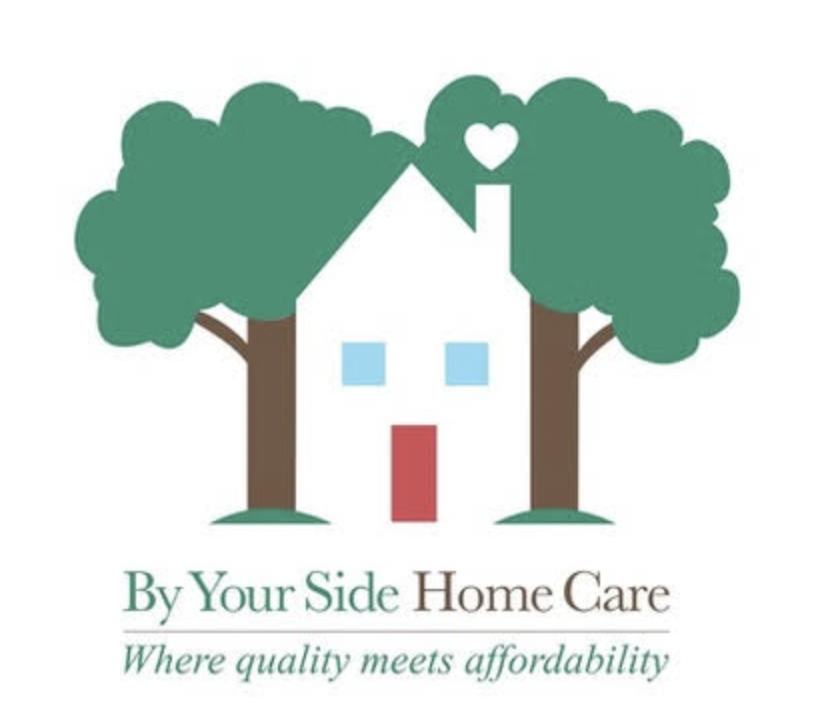Recognizing the Family Caregiver
It is common for family or close friends to become caregivers for their loved ones as they age. These unpaid caregivers play a necessary role in their loved ones’ ability to stay in their own homes. They help in daily activities such as bathing, dressing, shopping, paying bills, or transportation. A caregiver also may have to help manage a chronic disease or disability.
According to the National Alliance for Caregiving, the number of unpaid family caregivers has increased from 43.5 million in 2015 to 53 million in 2020. Unfortunately, a higher percentage of these caregivers also report their own health as fair to poor.
If you or someone you know is a family caregiver, take a moment to recognize this gift of service, and help them (or you!) protect their own health and wellbeing. HelpGuide offers tips for self-care to the family caregiver:
Accept your feelings good or bad. Don’t dwell on your doubts and misgivings. These feelings don’t mean you love your family member less. You are simply human.
Seek out caregiver support. You can’t do everything on your own. Trying to do so may lead you to experience stress and burn out which might significantly lower your ability to give care. Take some time to list all the tasks that are required for caring for your loved one. Pick the ones that you are realistically able to do. Ask for support from other family members, friends, as well as health professionals in taking care of the remaining tasks.
Take time to connect with your loved one. Spend some time each day to sit and interact with who you are caring for. Avoid distractions and fully focus on them. This can help lift your mood as well as the mood of who you are caring for.
Make sure to take care of your own needs. By ignoring them, you may become distracted and overwhelmed. That could affect the care you provide to your loved one. Take time to relax, talk with someone about your situation, or keep a journal to help sort your feelings. Make sure to care for your physical needs also. Exercise, eat right and, get enough sleep. Remember caregivers need care too.
Take advantage of community services. The Pennsylvania Caregiver Support Program provides resources and assistance to unpaid caregivers who assume the primary responsibility of caring for their loved ones. The program aims to alleviate the stresses associated with caregiving by focusing on the well-being of the caregiver, providing access to respite care, addressing the need for formal and informal supports, and providing financial reimbursement for out-of-pocket costs associated with caregiving-related services and supplies.
Being a family caregiver can affect your life in many ways — your ability to work, maintain social relationships, and take care of your physical and mental health. But caring for someone can also bring great fulfillment and satisfaction to your life. As our population ages, it’s important to understand the physical and mental burdens placed on caregivers and the economic impact of caring for someone with a chronic disease or disability.
By Your Side recognizes the difficulties of caring for someone on your own. Please contact us to talk about how we may provide any assistance needed in caring for your loved one.

